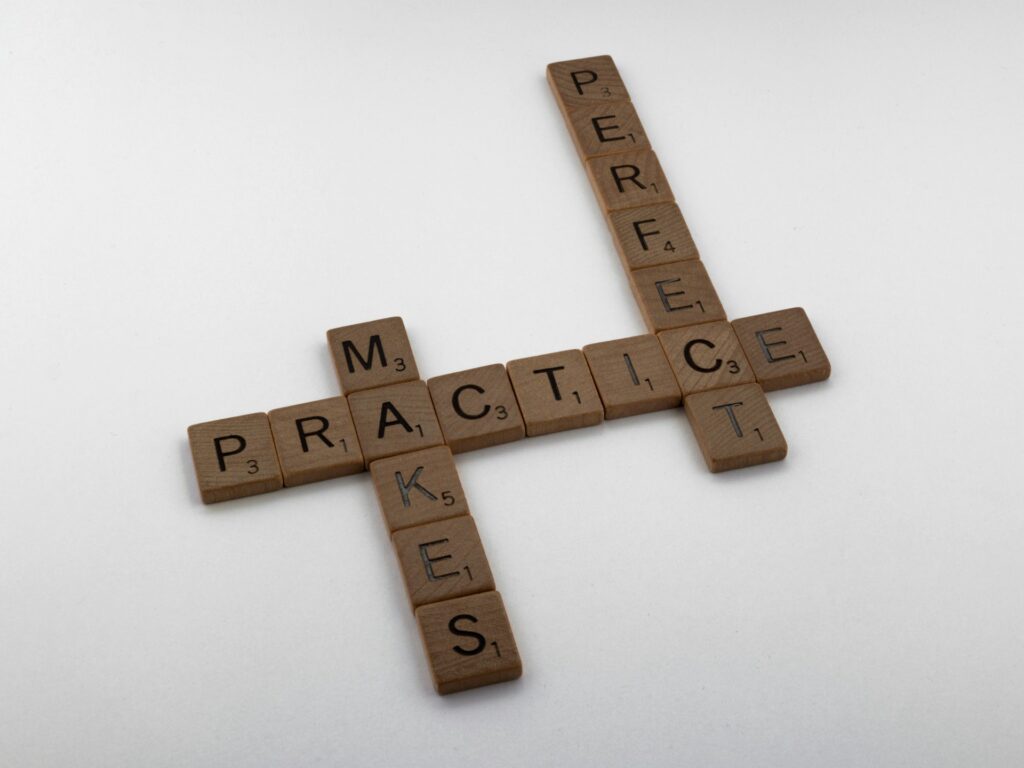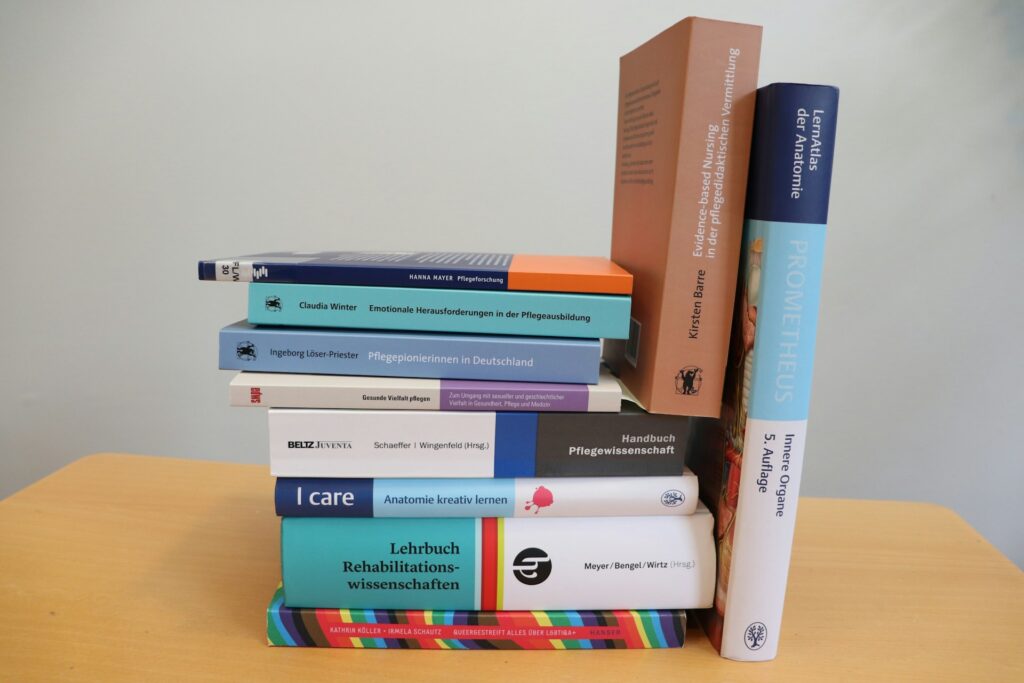So, you’re looking to get smarter? Well, in most of the world, they’ll tell you that it’ll take 12 years of school, 4 years of college, and another 2 to 6 years of grad school to become a genius.
But what you really end up with is… homelessness. No joke.
But hey, silver lining: when you write your Medium post about how you can’t get a job, at least you’ll be able to do it in flawless English.
If you haven’t figured it out yet from the title, becoming smart isn’t as hard as it sounds, even if you think your brain is more mashed potato than Einstein.
Seriously, when you stack yourself up against other animals, you’re basically a superhero. When people like us say we want to get smarter, it’s about a few things:
1. We wanna pick up useful skills, preferably ones that make us money.
2. We want to solve problems and, you know, get paid for it.
3. We wanna crush tough subjects, rake in cash, and subtly flex on people who didn’t make it through Calculus 101.
And of course, we want to sound smart when we talk. Just enough to earn respect, but not so much that people think we’re the human version of Wikipedia.
Here’s the issue, though: most of the advice online is so vague and profound that the only people who could actually pull it off are Oprah and Socrates.
And if you decide to look for some advice that you can actually use right now, here’s what you get:
- Eat blueberries because they’re “brain food” (as if your brain is some kind of organic smoothie).
- Drink black coffee (because caffeine will magically turn you into a genius).
- Exercise (because running around in circles definitely makes you smarter).
- Sleep more (which sounds great, but good luck with that).
- Take IQ tests (because your intelligence is basically a number on a test, right?).
- Listen to classical music (because who needs study guides when you have Beethoven?).
All this sounds well and good, but at some point, you’re going to have to actually learn something.

Remember, there were geniuses in the past who spent entire days chained to desks with only 2-4 hours of sleep. Meanwhile, you’re sitting here wondering if you should drink coffee with a shot of existential dread.
So, what can you actually do to get smarter? It’s not just about the same recycled brain hacks you find in Facebook posts, WikiHow articles, or quotes that probably got spray-painted on a subway somewhere.
The secret? Just start doing stuff.
Contents
Here’s the Big Secret to Getting Smarter: You Gotta Read.
What kind of reading? Depends on what you’re going for.
Fiction is great for picking up speed and boosting your vocabulary. Plus, if you read enough conversations between characters, it kind of tricks your brain into thinking you have a social life.
Most people, though, dive straight into non-fiction, which is fair, because it’s the go-to for sounding like the smartest person in the room without actually being one. Want to casually drop facts into a conversation like you’re some kind of knowledge ninja? Non-fiction’s your jam.

Like, say you’ve read a book on human evolution. Now you can slide into a convo and look like a history buff. The trick, though, is not to be annoying about it.
Let’s run a simulation:
Them: “It’s wild how we came from chimps, right?”
You (wrong way): “Well actually, evolution isn’t linear. There were multiple hominid species coexisting, and technically none of them were chimpanzees.”
Congrats! You now sound like an internet comment in human form.
Now let’s try that again, but with a touch of chill:
Them: “It’s wild how we came from chimps, right?”
You (better): “Right? I was reading about that the other day—turns out we didn’t really come from chimps, we just kinda evolved alongside them. Pretty cool.”
Same info, but now you sound like someone who reads and occasionally goes outside.

Be smart, but don’t be a condescending trivia robot. Share what you know in a way that doesn’t make people feel like they accidentally walked into a lecture hall.
If you do it right, not only will people listen, but they’ll also start thinking, dang, this person knows stuff, without also thinking, and I kinda want to slap them.
That’s the win.
So, How Do You Even Find These Books?
Surprisingly, it’s not rocket science. You don’t have to force yourself through the same five books that every YouTuber, blogger, and tech bro keeps recommending like it’s the sacred reading list of the Illuminati.
All you need to do is pick a topic you’re curious about. Let’s say, cleaning. Now go to Google and type: “best books on cleaning.” Congrats. You’ve officially done more research than 90% of people on the internet.
You’ll probably find something interesting. Maybe a book with a title like “Declutter Your Life in 7 Magical Steps” or “Zen and the Art of Scrubbing Your Bathtub.” Cool.
Usually, these books cost money, but if your finger just so happens to slip, you might accidentally land on a certain website. You might then mistakenly type in the book’s title, click on the first suspiciously convenient link, and, uh oh, somehow end up with a free copy of the book, opened in an e-reader app.
What a tragedy.

But now that it’s open in front of you, you’ll notice two things:
- You’re learning stuff you can actually use.
- You suddenly have random fun facts to drop in conversation, like “Did you know you can disinfect a sponge in the microwave?”
So now, not only do you sound smart, but your kitchen’s cleaner, too. Win-win.
Also Read: Stop Being Average: Read These 11 Books That Train Your Brain to Think Like a Genius
3 Things Nobody Tells You About Learning a Skill
- If you don’t actually use the skill, your brain files it under “useless trivia” and quietly deletes it.
- You only need to learn about 20% of the stuff to get 80% decent at it. That’s called the learning curve, aka “fake it till you almost make it.”
- The beginning is where the magic happens. A little practice goes a long way… but yeah, you do have to practice.
Look, no one has ever mastered tying a tie just by watching a YouTube video. You learn by flailing around with the tie while watching some guy on the internet calmly do it in one smooth motion, over and over, while you slowly spiral into frustration. That’s the process.

Same goes for reading. Books don’t make you smarter just by absorbing the words through your eyeballs. Your brain needs a reason to keep the info.
So let’s say you just read a chapter about how to clean a bedroom. Cool. Now go clean a bedroom. Doesn’t even have to be your bedroom. Just find one and clean it. And now the lesson’s locked in.
And as a bonus, someone out there now has cleaner floors because you wanted to level up your brain. You’re doing the Lord’s work.
But What If You Can’t Practice Right Now?
Let’s say you’re reading a book about cars, and you come across a diagram showing how to jump-start a dead battery. Ideally, you’d head outside, grab your two perfectly parked cars, and get some hands-on experience.
But, unless you’re a mechanic or accidentally rich, chances are you don’t have a spare car just sitting around waiting to die.
So what do you do? You fake it in your head.

Imagine the scene: your car is dead, it’s pouring rain, and you’re late for something important. Picture yourself popping the hood, grabbing the jumper cables, and connecting everything in the right order (without frying yourself). Watch a video, walk through the steps in your mind like you’re the star of a car-repair montage.
And just like that, your brain goes, “Ah, we used this info. Better hang on to it.”
Meanwhile, the person who just stared at the diagram like it were ancient Egyptian art? Yeah, they’ll still be stuck on step one when the battery dies.
That’s the trick to actually getting smarter: don’t just collect information; mentally use it. If you can imagine a moment where the knowledge would come in handy, your brain will treat it like a real experience.
Honestly, this is the entire strategy behind the school system. They teach you stuff, then make up pretend scenarios to force your brain to care. That pretend scenario is called a test.
Of course, the moment the test is over, your brain’s like, “Cool, we survived. Delete everything.” Unless you’re in South Korea, where cheating on a test might land you in legal trouble
But the point is: tests work (briefly) because they simulate pressure. So if you want to remember something long-term, put yourself in imaginary high-stakes situations, like you’re being quizzed while defusing a bomb made of jumper cables.
That’s how you trick your brain into actually keeping what you learn.
How to Actually Learn Stuff Faster
You’ve probably heard all the trendy advice: repeat things a million times, space out your study sessions, make pretty diagrams with arrows and bubbles, color-code everything, build a mind palace… blah blah blah.
But here’s the truth: nothing beats practice questions.

Why? Because they’re the closest thing to the real deal. They make your brain go, “Oh no, we might actually need this info soon,” and that’s when it starts paying attention.
And if you don’t have any practice questions handy, just make your own! Then crank up the imaginary stakes.
Pretend you’re dangling off the edge of a cliff, one sweaty hand gripping a rock, and someone’s trying to pull you up. But only if you can name every part of a human cell. Suddenly, remembering what the Golgi apparatus does becomes a life-or-death situation.
That’s the secret. The brain remembers stuff it thinks is important. So the trick is to make what you’re learning feel urgent, useful, or tied to a dramatic (possibly life-threatening) scenario in your head.
Once your brain believes the knowledge might save your life, it stops treating it like trivia and starts treating it like survival.
Congratulations. You’re now learning faster, and also mentally prepared for a very weird biology-themed action movie.
Textbooks Are The Best.
If you want to level up your brain at max speed, textbooks are like the S-tier weapon in the game of learning.

No filler. No inspirational quotes. Not those Duolingo characters telling you, “Let’s take a break and reflect!” It’s just straight-up knowledge, rapid-fire, with a side of brutally honest practice questions.
And when you get stuck (because you will), the answer isn’t one click away. Nope, you’re flipping all the way to the appendix like it’s a side quest just to survive.
Textbooks aren’t for the casual learner. They’re not entertaining, they don’t reward you with dopamine every 30 seconds, and they definitely won’t autoplay the next chapter for you.
But if you’re serious about actually knowing stuff, not just watching a YouTube video and forgetting it before the end credits, then textbooks are where it’s at.
And if your internet browsing accidentally takes you to a certain website called Library Genesis, where thousands of textbooks are just sitting there, waiting to be downloaded for free… well, whoops. What a happy little accident. ¯\_(ツ)_/¯